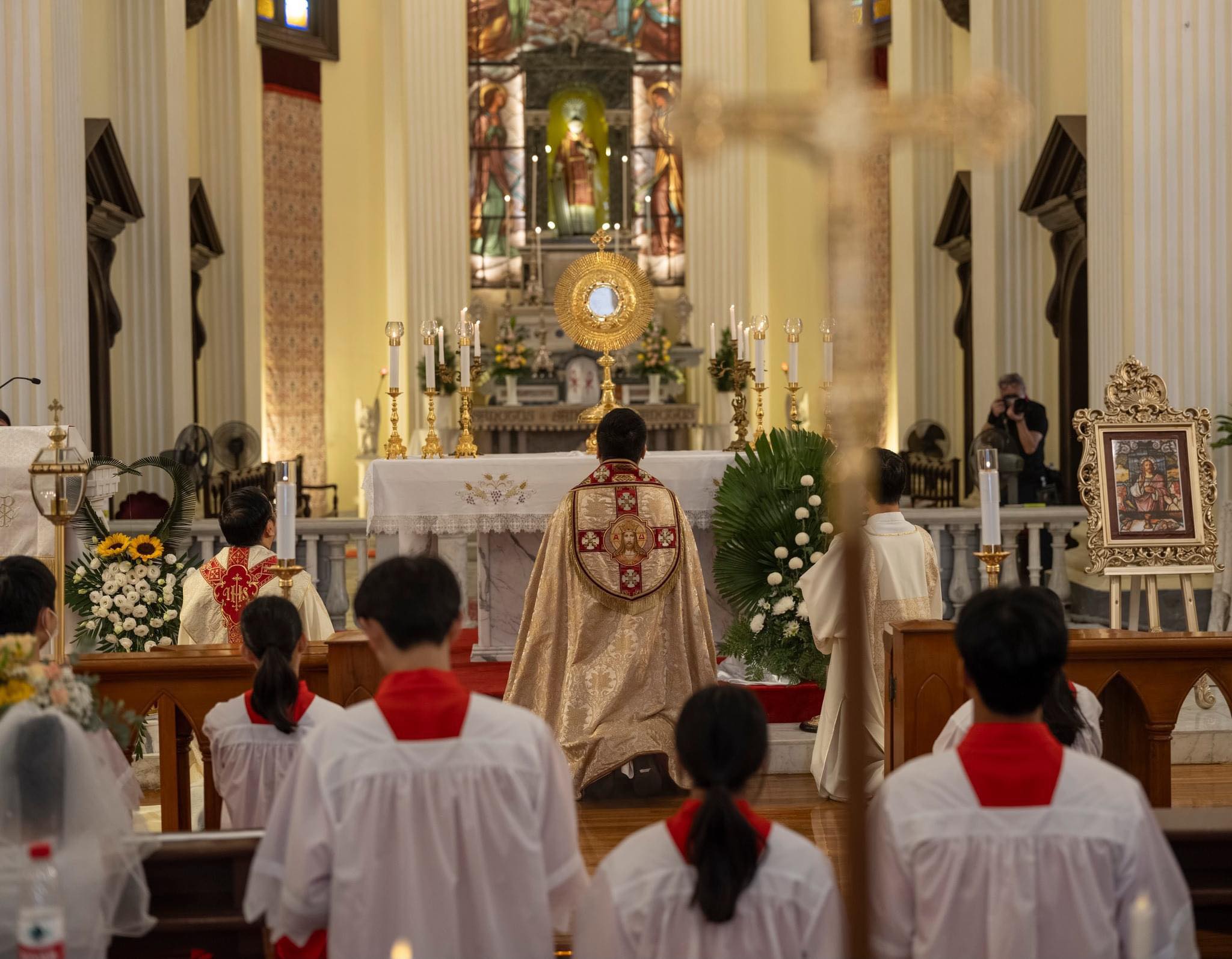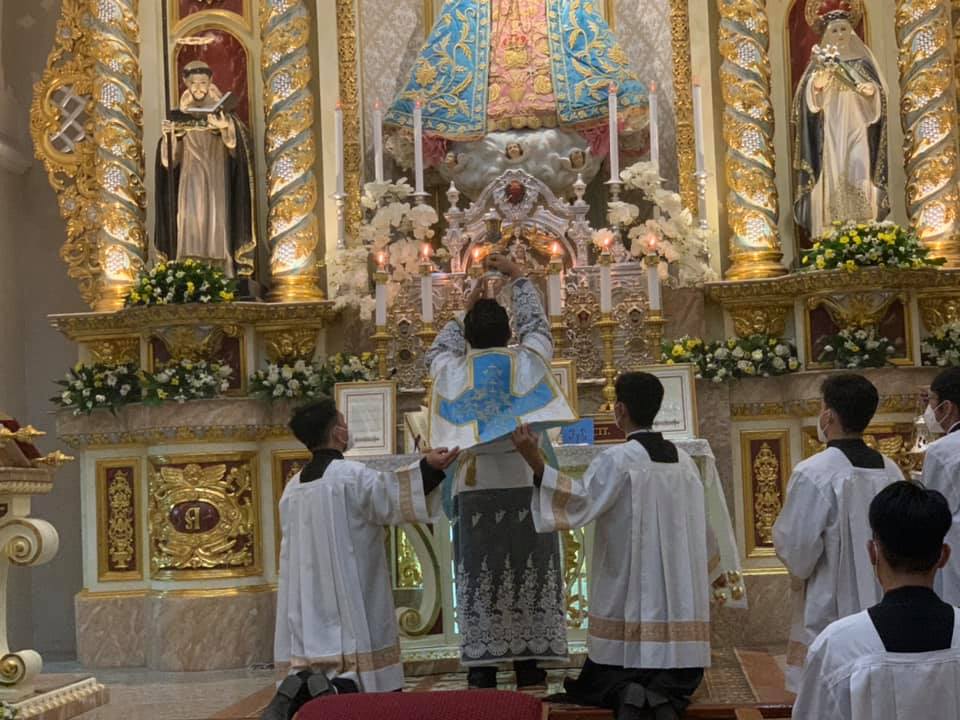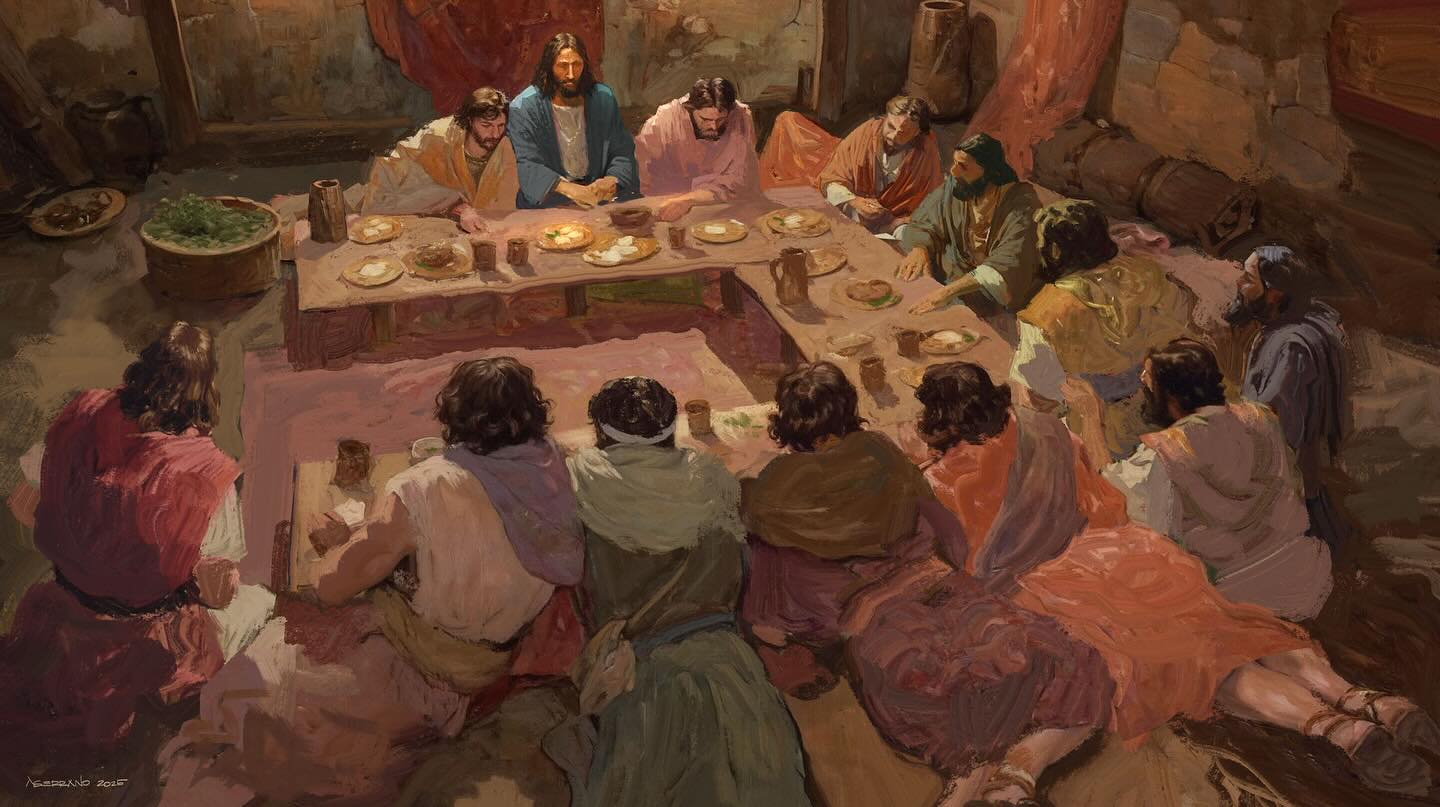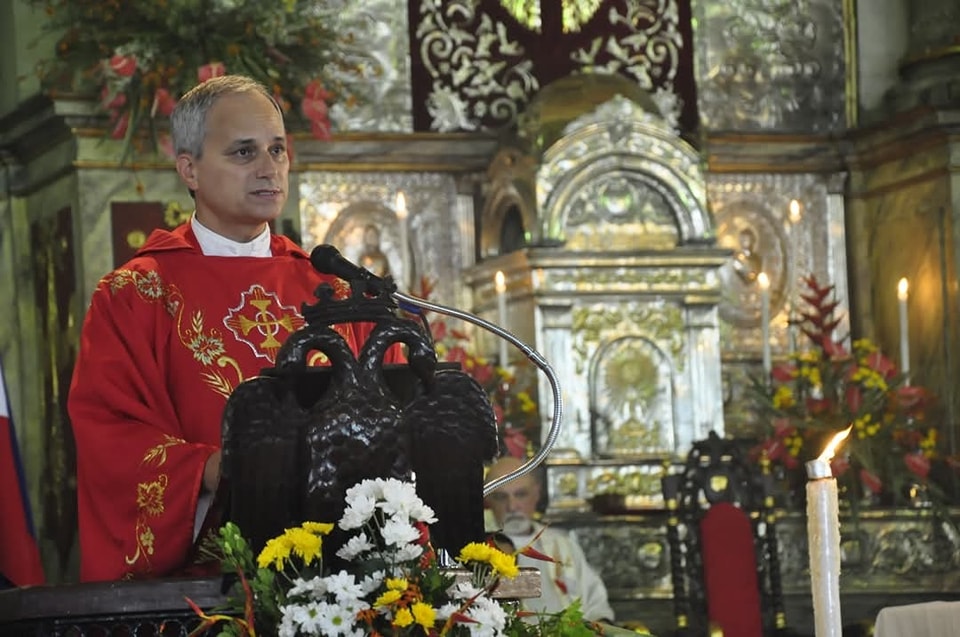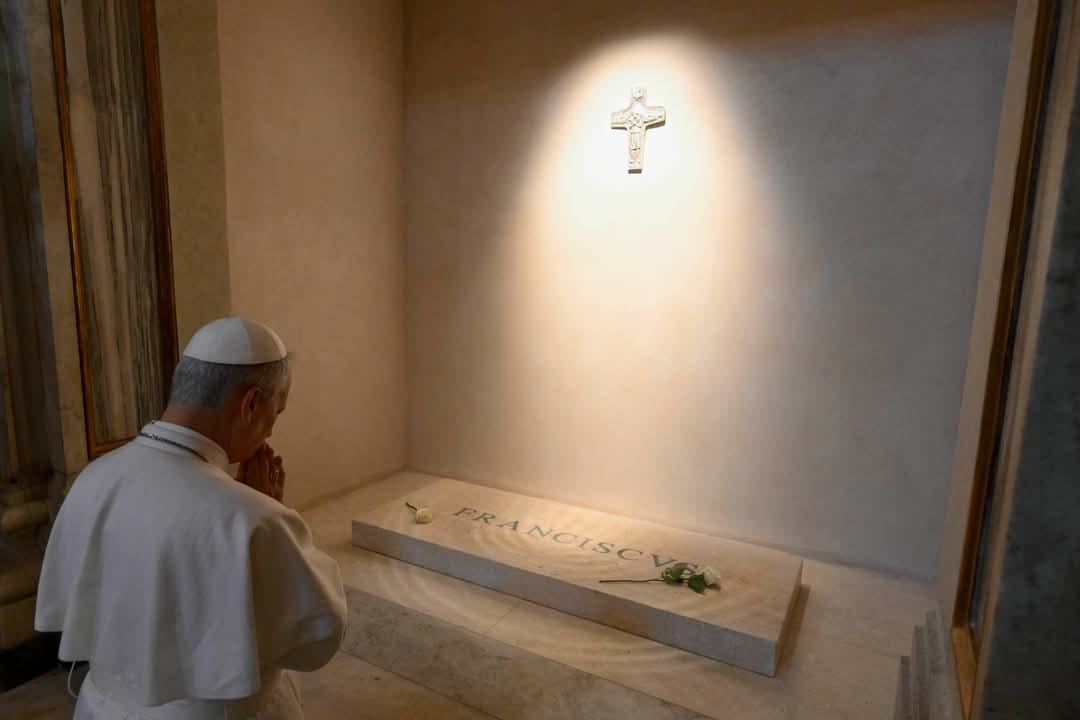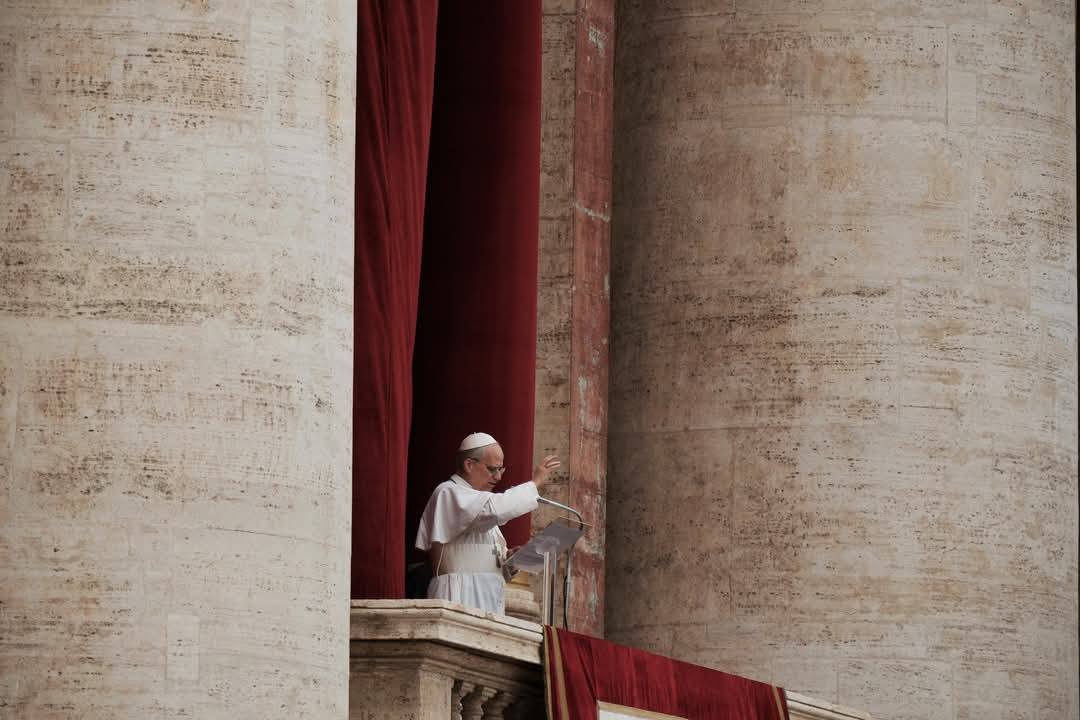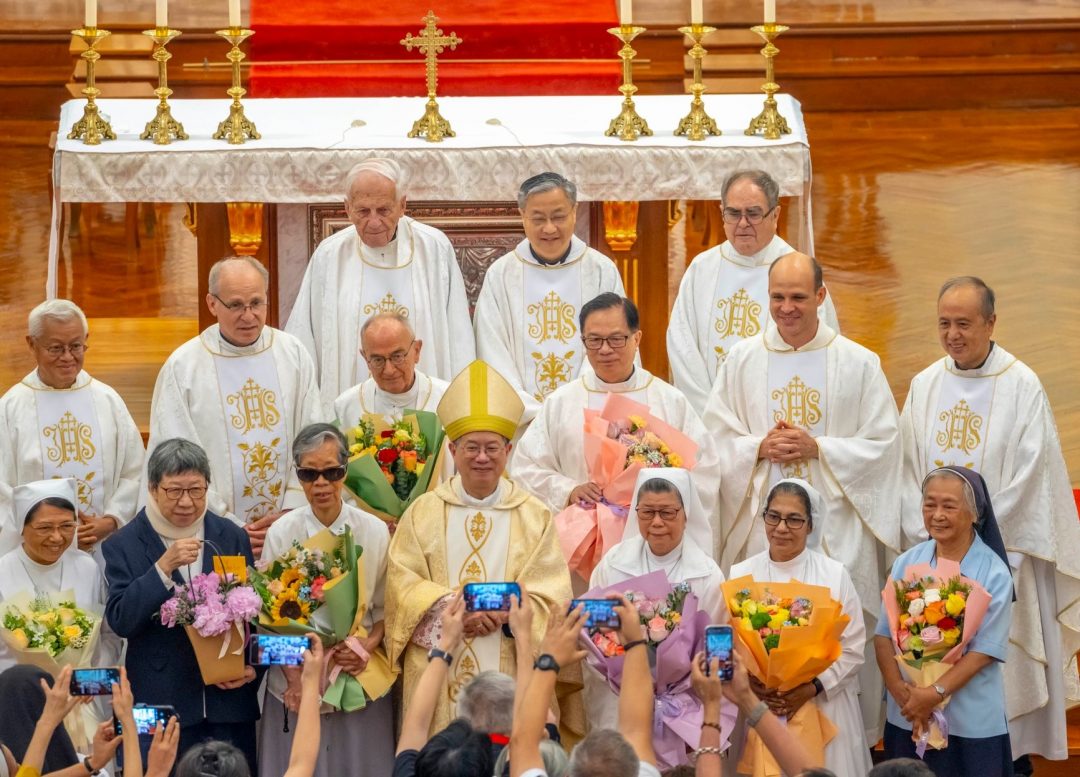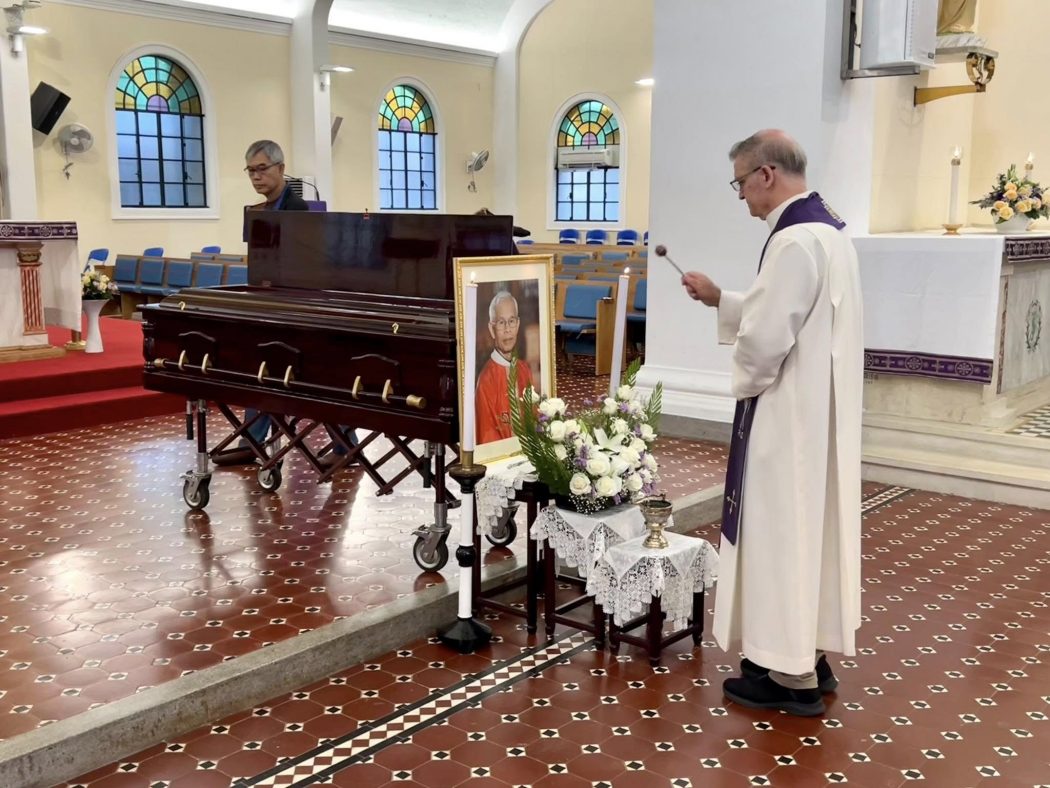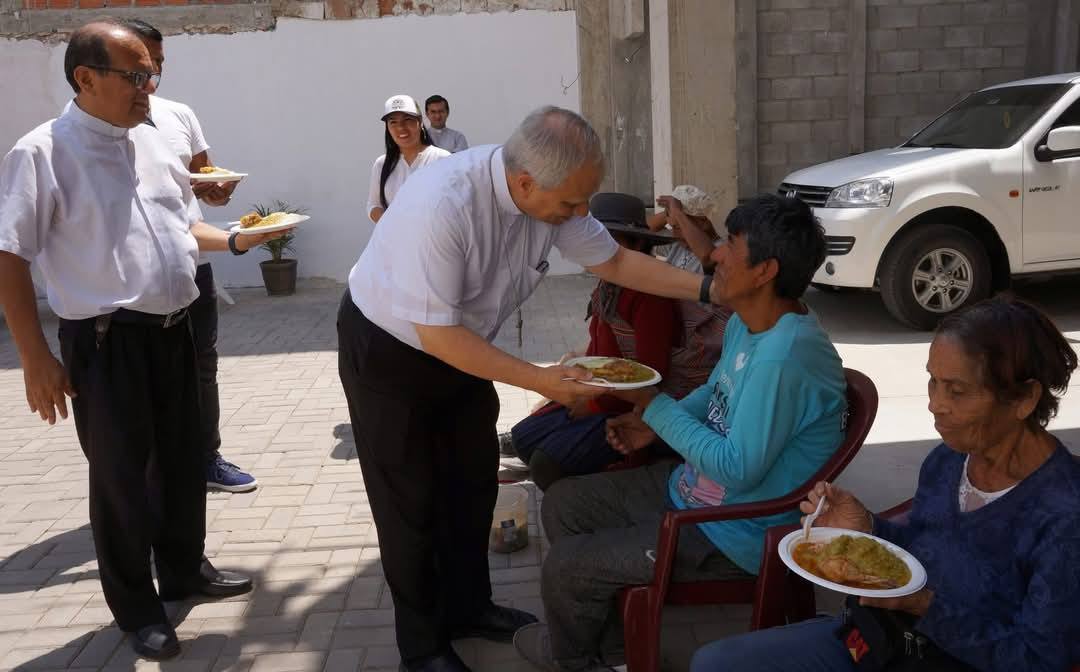Today, as we reflect on John 13:31-35, we are invited into the mystery of Jesus’ glorification—not through power, wealth, or worldly success, but through humility, sacrifice, and love. In a world where many leaders choose destruction and war, Jesus offers a radically different path. He does not seek to annihilate his enemies. Instead, he builds bridges. As Pope Leo XIV reminded us in his first speech, we must pursue a peace that is both disarmed and disarming—a peace that does not merely silence conflicts for a time but heals wounds, reconciles divisions, and prevents future hatred.
